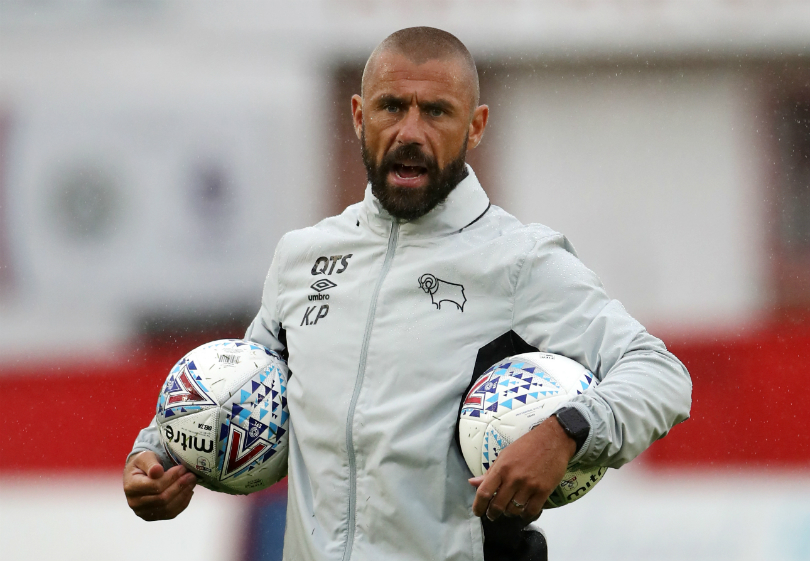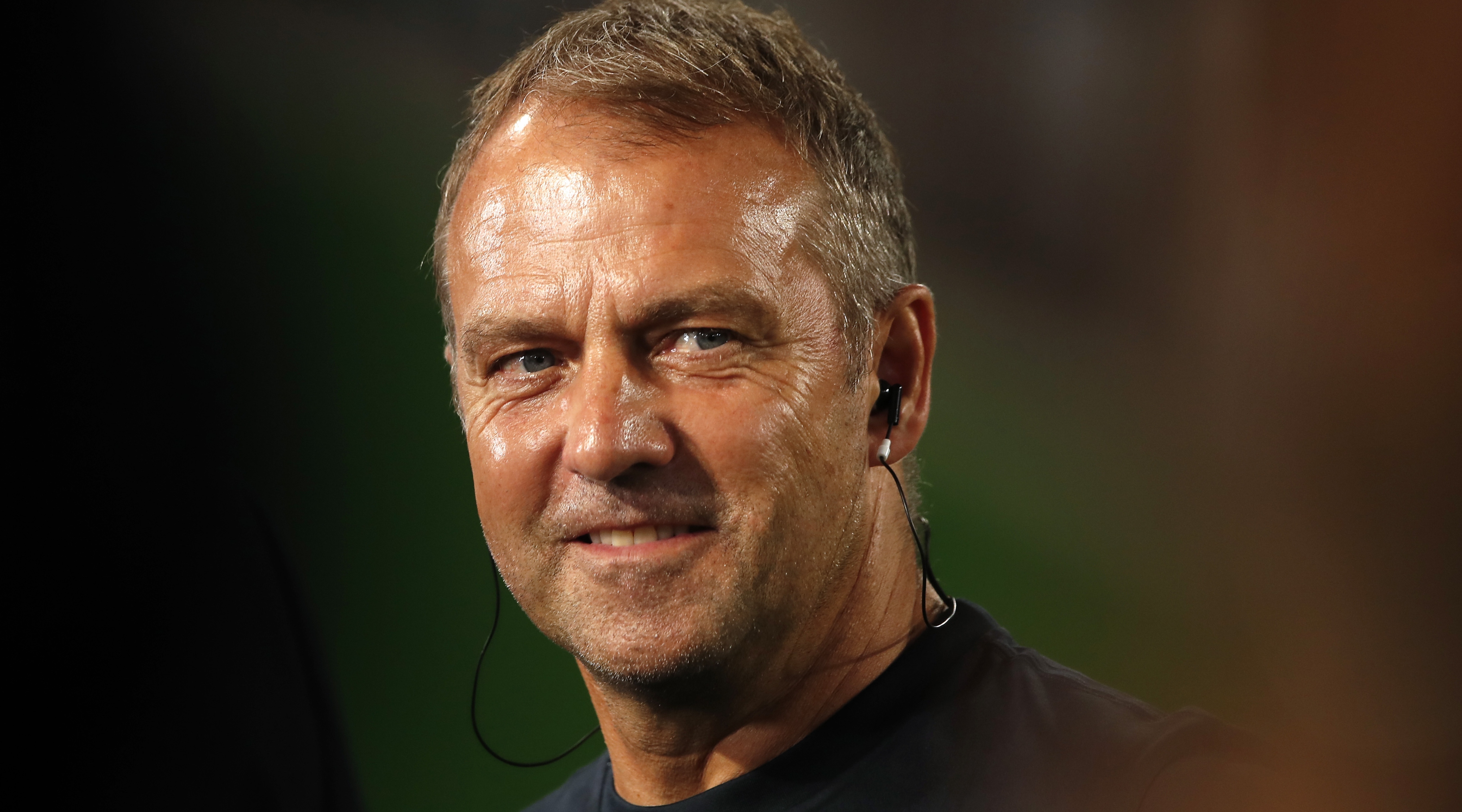
Did you always plan to go straight into coaching after retiring from playing?
My original plan was to try and have a three-six month break and enjoy life. I wanted to do the things I couldn’t do as a player and spend time with the kids. But when I finished the last six months of my career at Leicester, Nigel Pearson spoke to me numerous times about joining the coaching staff the following season. I spoke to my wife and family and decided to say yes. I thought I may never get an opportunity to coach at that level, in the Premier League, so I thought ‘I’ll have a go.’ It wasn’t what I intended to do, but I’ve enjoyed it; it’s been pleasantly surprising.
What’s been the biggest challenge?
When you’re a player you’re selfish. You come in and go home and turn up for matchdays. As a coach the biggest thing I’ve found is that you have to think about everyone. The organisation is incredible. As a player everything is organised. You don’t see the hours that go into it. The biggest thing is the hours. You’re used to starting training at 10am and finishing at 12pm. Now I start at 8am and some days I don’t leave until 4 or 5pm. That’s a massive difference to what I’ve been used to for the last 20 years. It took a while to adapt but I was lucky that Nigel understood I was making that transition and gave me a lot of leeway. But it’s just part of what I do now. There’s no moaning about it. I get on with it.
What do you think makes a top coach and which managers got the best out of you?
I worked with 22 managers as a player and god knows how many coaches. We were talking about this on the A Licence course – what makes a good manager or a good coach? Are they a leader or a manager? For me it’s all about clarity. You need to know what your job is and get your message across to the players as simply as possible. Sometimes it’s difficult. You can run into problem players who think that they know it all. It’s a great learning curve, trying different ways of getting your message across. I’ve had various managers who haven’t coached, they’ve just managed. They haven’t done anything on the training ground. But they’re great man managers. They’ve all had their qualities. Some good, some bad.
What’s the Kevin Phillips style of coaching?
I’d like to take snippets from the people who I felt got the best out of me as a player. Peter Reid was an excellent man manager. Tactically Tony Mowbray was very switched on. The short period I had with Claudio Ranieri was an eye opener. Alex McLeish was brilliant in the three years I spent with him at Birmingham. You have to have your own management style. I don’t want to copy anyone but you have to learn from them. I’ll have my own style. You’ll have to see what that is when I go into management - I don’t want to give that away.
How was Claudio Ranieri able to get his messages across so effectively?
His English was a lot better than it was during his first spell in England (with Chelsea) and he has wonderful humour. He can take stick off the players. In meetings before training he got the English banter and he’d give it back. You saw that in his press conferences. He’s very clear to the players. The players came out of meetings and they all knew what he wanted. A lot of the time I’ve been in dressing rooms and they didn’t understand what the manager wanted. Claudio didn’t overcomplicate it, which surprised me. I think we all thought someone like him would be very complex and a 21st century, but he was simple and clear.
Did the Uefa A Licence course help you to learn how to deal with different types of players?
There’s no substitute for being in an academy environment every day and dealing with different scenarios and situations. Not all of them are necessarily football related. In fact, I’d say 85% of the challenges you face aren’t football related. The course was very beneficial, though. The England DNA they’re trying to get across is very interesting. The biggest thing I found is that you’re tapping into the knowledge of 45 different coaches – that’s the best part of the education process. We were stuck together 24 hours a day for eight days. That’s the biggest learning curve.
If you do go into management – are you concerned about the lifespan of the modern coach?
I’m not worried about that. If I go into it blind thinking I’ll never get sacked, then I’d be crazy. Unless you’re lucky or very successful then you know it’ll happen. I’m looking forward to the challenge. I’m going to get lots of knowledge and at some point I’ll make that step. It’s a challenge I can’t wait for and in actual fact it drives me on and I’m looking forward to that.
The best features, fun and footballing quizzes, straight to your inbox every week.
 Join The Club
Join The Club





